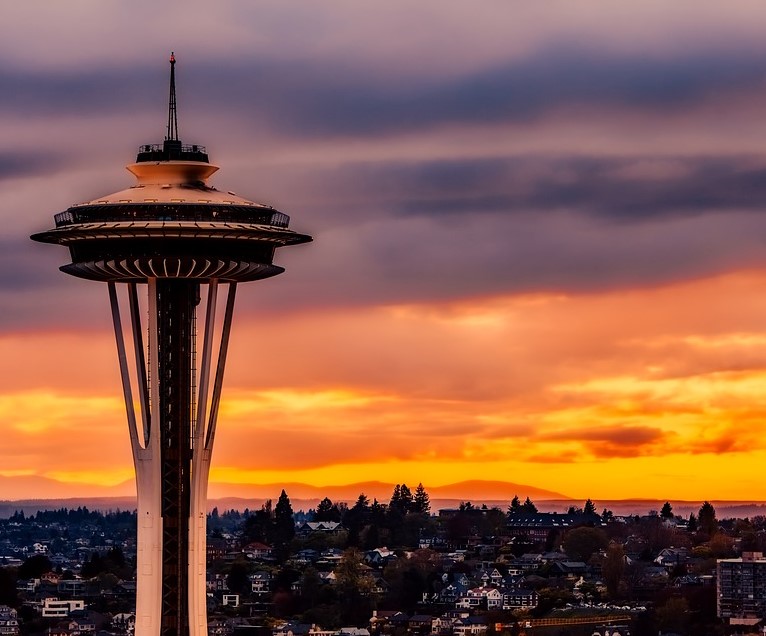Pushback
In some blue cities, a divide is opening between an activist political elite and liberal—but more pragmatic—voters. Originally published at City JournalThe political ground may be starting to shift in America’s bluest cities. While San Francisco, Seattle, and Denver remain reliable Democratic strongholds, a divide is opening between the cities’ activist political elite and a liberal, but more pragmatic, majority of voters.
In Denver, voters recently rejected Initiative 300, the “right-to-survive” ballot measure that would have legalized homeless encampments in public spaces. The city’s activist class—progressive politicians, social-justice organizations, and nonprofit service providers—claimed that the city’s camping ban, in place since 2012, is unconstitutional and inhumane. They argued that, since society forces the homeless onto the streets, it must afford them the “right to exist,” which would include living on public property, without interference from law enforcement. Citizens, businesses, and neighborhood groups—led by the Downtown Denver Partnership, National Association of Realtors, and Colorado Concern—rose up in opposition to the initiative, raising more than $2.3 million to fight it. Voters rejected Initiative 300 by an 81 percent to 19 percent margin.
Continue Reading at City Journal